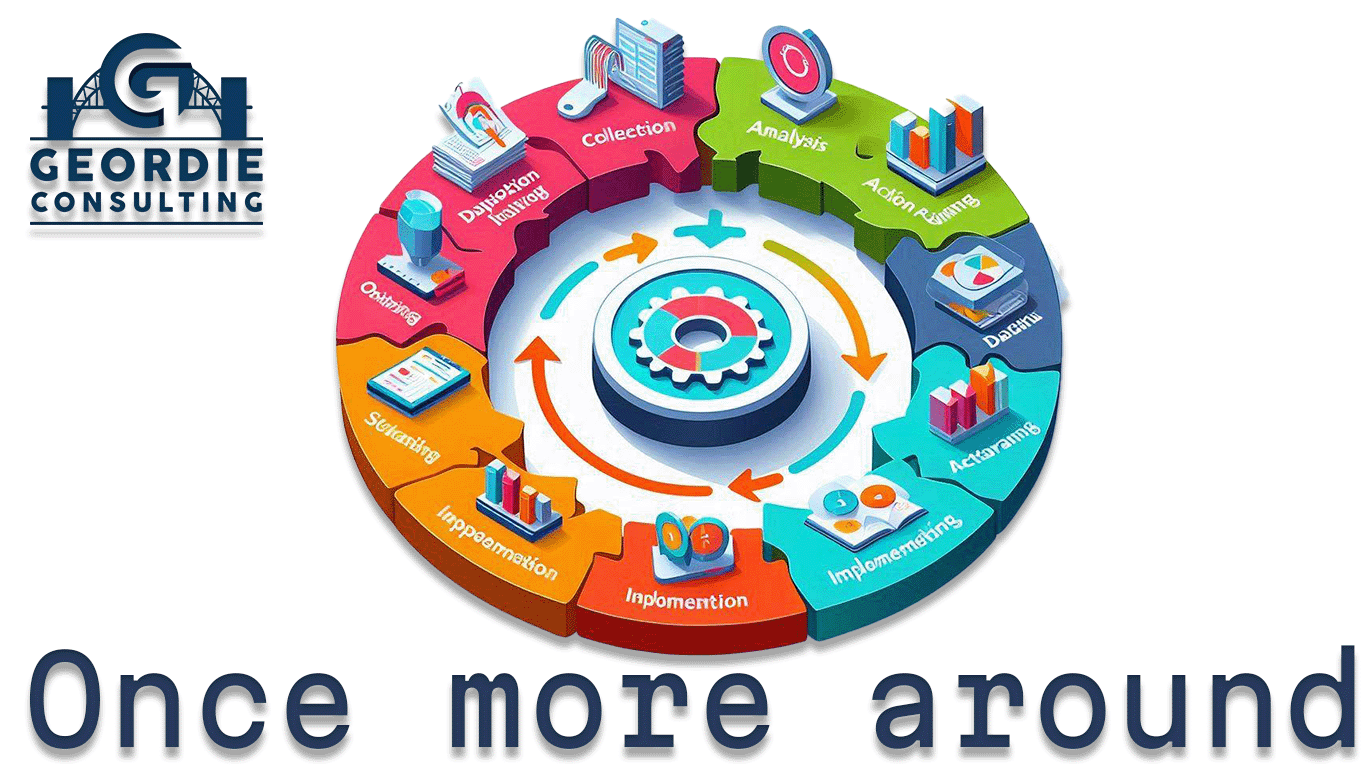
Data is the key to success in today’s business world. We hear that all the time from various sources. But how can a business leverage its data effectively? Many times we only see the final results and the advantages they bring, but how does an organisation start to use data more strategically?
Being a Data-Driven organisation depends on having some core fundamental processes that your organisation will follow and adhere to. The absence of a solid process structure is the main reason we see our clients fail to achieve their Data-driven aspirations. Why is Process such a difficult thing to implement? How can something so essential to a business’s objectives be a persistent obstacle? The root of this issue is that the Process means a loss of “Power”. A process is a regulated system with (when well-designed) multiple backup plans. This is a problem because it usually involves a team that is – as I like to put it – used to wearing their underpants on the outside. Superheroes don’t like Process! This is a controversial statement as the underpants on the outside people (many of whom are part of Geordie Consulting) think they are helping rather than hindering. A well-planned and executed process will lead an activity from beginning to end, dealing with exceptions and delivering a consistent outcome.
It would be very easy to read this article and see it as attacking the heroes who keep so many businesses afloat. However, the reality could not be further from the truth. The point is that these heroes are currently keeping the lights on. They have a unique opportunity to grow and develop by learning to trust the process that they ultimately will be heavily involved in implementing, including hearing and seeing all the grumbles and “failures” of others to follow the process, causing them to don their pants on the outside once again often pitting them against the process as they now “must be able to circumvent the process to keep it working”. Only when your processes are embedded and the improvement of processes is part of the process can you achieve excellence? Embrace the change and embrace the cycle!
That’s why we emphasise changing an organisation’s data culture as a key step to achieving overall success. The heroes will initiate the change, but if the rest of the organisation is not involved in the journey, the resulting processes will fall apart, and the pants will stay outside. Your whole organisation must accept getting people to follow the processes and holding them accountable for their actions in line with those processes. We who love to wear our pants on the outside must also acknowledge the harm caused by that behaviour as it hinders the improvement of core business processes, and manual workarounds are constantly needed.
